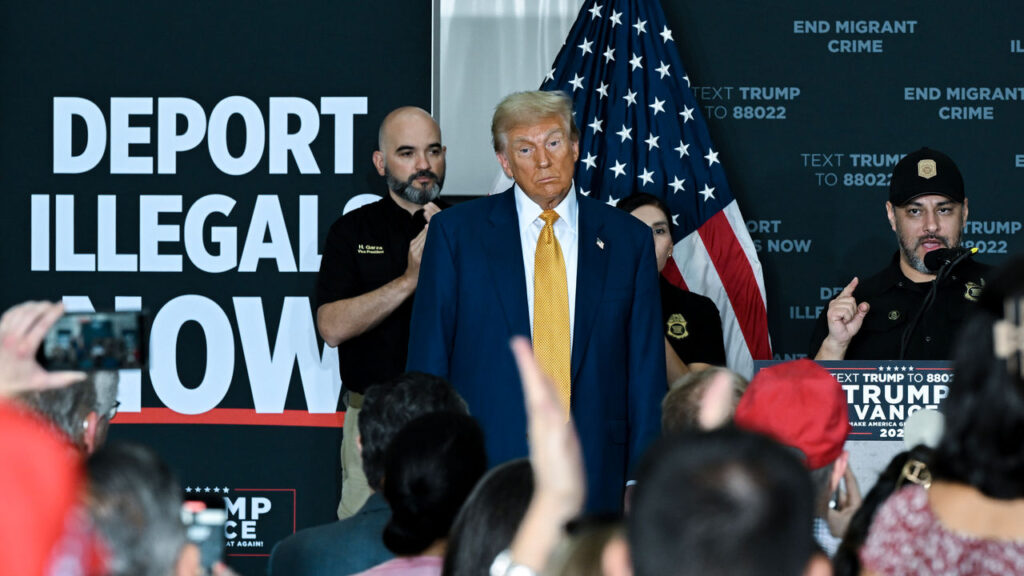When the presidency of Donald Trump officially commences on January 20th, the issue of deportations is poised to ascend to the forefront of his administrative agenda. The president-elect has articulated an intent to implement the largest expulsion programs in the annals of American history, signaling a sharp shift in the nation’s immigration policies. This ambitious undertaking is expected to involve a series of aggressive measures, which may include workplace raids aimed at identifying and removing undocumented immigrants from job sites, as well as the revocation of various parole programs that currently allow certain immigrants to remain temporarily in the United States.
The appointment of influential figures such as Stephen Miller, who serves as Trump’s deputy chief of staff, and Tom Homan, designated as the border czar, highlights the administration’s commitment to a hardline stance on immigration. Both Miller and Homan have been vocal proponents of employing military resources to support immigration enforcement efforts, which could transform the landscape of immigration control in the United States. Their strategies may reflect an unprecedented militarization of immigration enforcement practices, raising questions about the implications for civil liberties and community relations.
Moreover, Trump’s reliance on historical precedents, such as “Operation Wetback,” reveals the depth of inspiration he draws from past governmental actions related to immigration policy. Operation Wetback, enacted during the Eisenhower administration in the 1950s, was notorious for its aggressive tactics, which led to the removal of approximately 1.3 million individuals, many of whom were of Mexican descent. This historical reference not only marks a controversial chapter in U.S. immigration policy but also sets a tone for the potentially drastic measures Trump is willing to adopt in addressing current immigration challenges.
The implications of such policies are manifold and can lead to significant socio-economic disruptions. The anticipated deportations could create ripple effects across communities, impacting local economies, family structures, and social dynamics. As undocumented immigrants frequently contribute to the labor force in various sectors, including agriculture, construction, and service industries, the large-scale removal of these individuals may threaten the stability of these essential sectors. Businesses that depend on the labor provided by undocumented workers could face labor shortages, which might ultimately hamper productivity and economic growth.
Furthermore, the potential for workplace raids raises pressing concerns about safety and ethics. Such operations could create fear within communities, discouraging individuals from seeking necessary services, such as healthcare or legal assistance, for fear of being apprehended. This atmosphere of fear might also exacerbate tensions between immigrant populations and law enforcement agencies, making it difficult for authorities to build trust within the communities they serve. The psychology of living in such an environment, characterized by anxiety and uncertainty, can have profound effects on the mental health and overall well-being of affected families.
In light of these developments, it is crucial to analyze the broader societal repercussions of Trump’s proposed immigration policies. The discourse surrounding immigration reform has often been polarized, as various stakeholders, including advocates for immigrant rights, policy makers, and the general public, hold differing perspectives on the best path forward. The complexities of immigration, with its intertwining legal, social, and economic facets, necessitate a nuanced approach rather than one centered solely on deportation and militarization.
As the inauguration approaches, the ramifications of these proposed changes loom, sparking robust debates about national identity, human rights, and the moral obligations of a nation that prides itself on being a land of opportunity. The way forward will likely demand careful consideration of the values that underscore American society, inviting a re-examination of the nation’s historical commitment to inclusion and diversity as it navigates the complexities of contemporary immigration issues.



